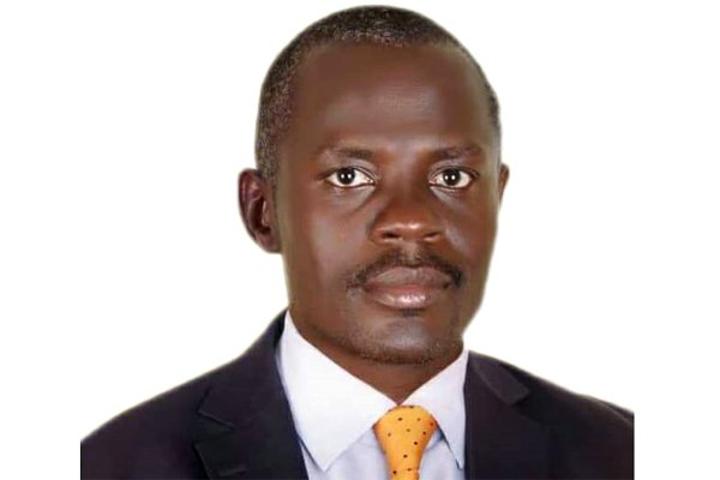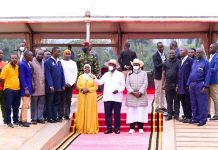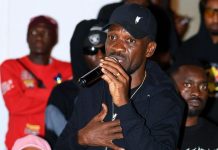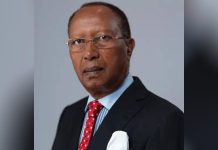Africa-Press – Uganda. The current contest over who will be the next Speaker of Parliament has over the last two months made headlines in both formal and informal media.While there are many candidates in the race, the bitter contest is between current Speaker Rebecca Kadaga and her deputy Jacob Oulanyah. The feud between the two has been so intense that it has spilt Members of Parliament and even affected the focus of House business. Many MPs, instead of rising to debate national issues on the floor on the House, are now rising to pledge their allegiance to either Ms Kadaga or Mr Oulanyah.Intriguingly, the two candidates are both members of the National Resistance Movement (NRM). While the contestation can be interpreted as good for democracy, however, close observation shows that any further conflict between the two candidates directly affects the cohesion of the ruling party. NRM has majority MPs but already they are split over supporting Ms Kadaga or Mr Oulanyah. Cracks have already emerged among different regional Parliament caucuses such as those of Buganda, Acholi and Busoga over who they are supporting for speakership.It should be noted that the feud between the two has been simmering since the last election in 2016. Earlier this month, Government Chief Whip MP Ruth Nankabirwa was dragged into the Kadaga-Oulanyah row on the floor of Parliament after some members claimed that she was campaigning for Deputy Speaker Oulanyah.
Ms Nankabirwa denied the claims, saying she was just reminding MPs of the 2016 central executive committee (CEC) resolution to the effect that Ms Kadaga was to serve only 10 years and pass on the baton to Mr Oulanyah.This now brings to the fore the role of CEC in such matter, especially since it concerns two candidates from the same party. We cannot confirm Ms Nankabirwa’s submission about CEC’s decision in 2016 since each of Ms Kadaga and Mr Oulanyah have both on different occasions claimed that their candidates is supported by CEC.
It is, therefore, important that the top decision-making organ of the ruling party pronounces itself on the matter in a democratic way to avoid further split of the party.In this regard, my view is that CEC should put such matter to a vote within the NRM parliamentary caucus so that it is resolved democratically and will leave the party unscathed. This could be by lining up or secret ballot, given that the voters (only MPs) are few. Then the final candidate is whom the party would officially back against other candidates before the final Parliament elections in May.
In his capacity as national chairperson, President Museveni has often intervened in such contestations among party members, not to dictate his position, but for the betterment of party cohesion. He has in the past been instrumental in reconciling warring factions within the party. The President is fully aware that while such contestations are healthy for a democratic party like NRM, they should be conducted cautiously to avoid splitting the party.
During last year’s elections of CEC leaders, President Museveni was unrelenting in fostering party unity when he convinced some party candidates to step aside for others.Even following the highly contested NRM primaries for parliamentary and Local Government seats, the President often intervened in areas where he thought there had been injustices such as Nyabushozi County and Rushenyi County. Therefore, for the sake of party cohesion, I pray that the President through CEC intervenes and puts the matter to vote. This is not to say that the voting system is entirely devoid of errors, but it will go a long way in legitimising the speakership election process.The writer is a presidential aide in-charge of youth






